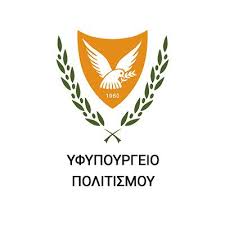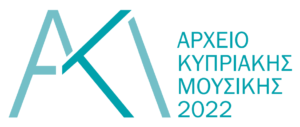What exactly is ‘Cypriot traditional music’? What are its basic music and poetic characteristics? How do the fifteen-syllable verse, rhyming couplets and tsiattista work? What are fones? When was Cypriot music first recorded and by whom?
Cyprus Music Archive organizes a series of twelve interactive workshops on the fundamentals of Cypriot traditional music. The workshops take the form of a university 101-type course – that is, a general introduction to a topic – and can be taken as a package or individually. Those who choose to take the course over twelve weeks can claim a certificate of attendance.
The workshops are open to musicians, singers, poets, students, researchers, but also teachers who have a special interest in traditional music or poetry, folklore or ethnography. They are also open to those without any prior knowledge of the subject, who would like to find out more. The ability to read music is not a prerequisite for attendance.*
PLEASE NOTE THAT, AT PRESENT, THIS COURSE IS ONLY AVAILABLE IN GREEK
|
1 |
9/9 |
What do we call ‘Cypriot traditional music’ today? |
|
2 |
16/9 |
Instruments and musicians |
|
3 |
23/9 |
Performance settings |
|
4 |
7/10 |
Songs and dances (basic music and poetic genres) |
|
5 |
14/10 |
The fifteen-syllable verse |
|
6 |
21/10 |
Tsiattista and other distichs |
|
7 |
2/12 |
Fones and other melodies |
|
8 |
9/12 |
Itinerant poets and their songs |
|
9 |
16/12 |
Cypriot poetry |
|
10 |
13/1 |
Women in Cypriot traditional music and poetry |
|
11 |
20/1 |
The aesthetics of Cypriot music/the use of the voice in Cypriot traditional music |
|
12 |
27/1 |
Transcriptions, collections, recordings |
Where: The Writing Room, 20 Ektoros, Nicosia 1016
Time: 6-9pm
Cost: €20 per workshop or €200 for all twelve
Information and registration: [email protected]
The workshops are sponsored by the Deputy Ministry of Culture of the Republic of Cyprus, through the ‘Politismos II (Culture II)’ programme.
* Addressing the wider public, irrespective of age, gender, social, educational, or financial background, is one of CMA’s basic goals. CMA advocates the democratization of knowledge around traditional culture and intangible cultural heritage, so that the Cypriot public can feel that their culture belongs to them.

